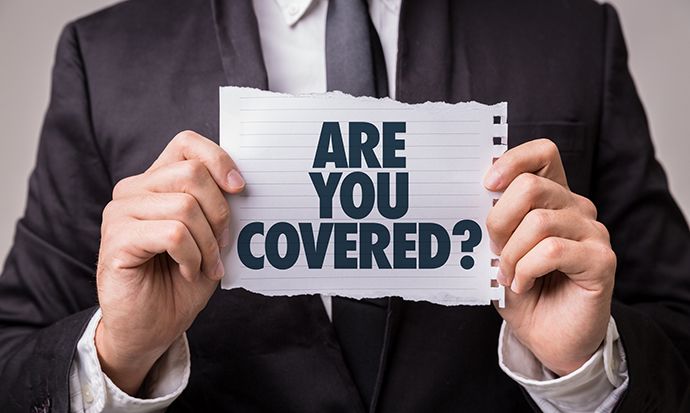In the complex landscape of insurance, being underinsured can be a significant risk that many individuals and businesses overlook. Underinsurance occurs when the coverage you have falls short of adequately protecting you against potential risks and liabilities. This oversight can lead to devastating consequences in the event of an unforeseen disaster or loss. In this comprehensive guide, we’ll delve into 8 signs that might indicate you’re underinsured and what steps you can take to mitigate this risk.
Inadequate Coverage Limits
One of the most obvious signs of being underinsured is having coverage limits that are too low to adequately protect your assets. Whether it’s your home, vehicle, or business property, insufficient coverage limits can leave you vulnerable to financial loss in the event of a claim. It’s essential to regularly review your insurance policies and ensure that your coverage limits are sufficient to rebuild or replace your assets at today’s costs.
Gaps in Coverage
Another telltale sign of underinsurance is having significant gaps in your coverage. These gaps can arise when certain risks or liabilities are not adequately addressed by your insurance policies. For example, you may have coverage for property damage but lack adequate liability coverage, leaving you exposed to lawsuits and legal expenses. Conduct a thorough review of your insurance policies to identify any potential gaps and work with your insurance provider to address them promptly.
Ignoring Changes in Risk Profile
Your risk profile can evolve over time due to various factors such as changes in your personal circumstances or the nature of your business. Failing to reassess your insurance needs in light of these changes can leave you underinsured. For instance, if you’ve renovated your home or expanded your business operations, your insurance coverage may no longer be adequate to protect your assets. Stay proactive and regularly review your insurance coverage to ensure it aligns with your current risk profile.
Relying Solely on Basic Coverage
Basic insurance coverage may provide a level of protection, but it’s often insufficient to address all potential risks adequately. Relying solely on basic coverage without considering additional endorsements or riders can leave you exposed to significant gaps in coverage. Evaluate your insurance needs comprehensively and consider adding supplemental coverage options to enhance your protection against specific risks.
Failure to Account for Inflation
Inflation can erode the value of your insurance coverage over time, leaving you underinsured without even realizing it. Failing to account for inflation when determining your coverage needs can result in inadequate protection against rising costs of rebuilding or replacement. Work with your insurance provider to adjust your coverage limits periodically to keep pace with inflation and ensure you’re adequately protected.
Disregarding Specialized Risks
Certain risks may require specialized insurance coverage that goes beyond standard policies. For example, if you operate a business in a high-risk industry or own valuable collectibles, standard insurance policies may not provide sufficient protection. It’s essential to identify any specialized risks you may face and obtain the appropriate insurance coverage to mitigate these risks effectively.
Neglecting Umbrella Insurance
Umbrella insurance provides an extra layer of liability coverage that goes beyond the limits of your primary insurance policies. Neglecting to purchase umbrella insurance can leave you vulnerable to lawsuits and financial ruin in the event of a catastrophic loss. Consider adding umbrella insurance to your portfolio to provide additional peace of mind and protection against unforeseen liabilities.
Failure to Review Policies Regularly
Insurance needs can change over time, so it’s crucial to review your policies regularly to ensure they continue to meet your evolving needs. Failing to review your policies periodically can result in being underinsured without even realizing it. Make it a habit to conduct annual insurance check-ups and adjust your coverage as necessary to avoid the pitfalls of underinsurance.
In conclusion, being underinsured is a significant risk that can have dire consequences if left unaddressed. By being vigilant and proactive in assessing your insurance needs, you can avoid the pitfalls of underinsurance and ensure that you have adequate protection against potential risks and liabilities. Regularly review your coverage limits, address any gaps in coverage, and stay informed about changes in your risk profile to maintain robust insurance protection.






